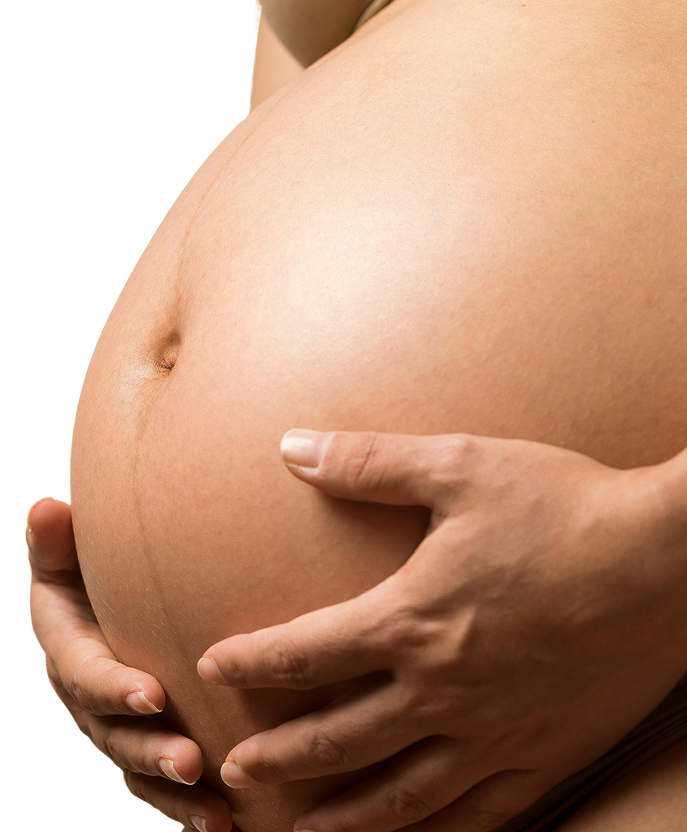
Tu historia, tu momento: Maternidad por elección
¿Por qué elegir Avida?
.png)
.svg)
























¿Qué opciones tengo para la maternidad por elección?
¿Cuál es la mejor opción de tratamiento para mí?


Depende de tu edad, reserva ovárica, y salud reproductiva. Para mujeres <35 años con ovulación normal, iniciamos con inseminación artificial. Para casos complejos o >35 años, puede ser más eficiente FIV con donante.
¿Cómo selecciono un donante de semen?


Trabajamos con un banco certificado que proporciona información detallada sobre características físicas, educación, antecedentes médicos, y perfil psicológico.
¿Qué evaluaciones médicas necesito?


Realizamos evaluación completa de fertilidad incluyendo análisis hormonal (AMH, FSH, LH), ecografía transvaginal, histerosalpingografía si está indicada, análisis genéticos básicos, y screening de enfermedades infecciosas.
¿Qué pasa si quiero más de un hijo?


Claro que es posible. Muchas madres por elección planifican desde el inicio tener múltiples hijos. La clave está en la planificación estratégica y considerar todas las opciones disponibles.
¿Qué alternativas hay al semen de donante anónimo?


Tienes tres opciones principales: donante conocido (amigo o conocido que acepte donar), donantes de identidad abierta (bancos con información detallada, fotos y posible contacto futuro), y co-paternidad (acuerdo para ser padres activos juntos). Todas requieren evaluaciones médicas completas, asesoramiento legal especializado y contratos detallados para proteger a todas las partes involucradas.

El proceso a la maternidad por elección.
¡Comencemos tu viaje!
Consulta personalizada y evaluación


Consulta inicial para entender tus objetivos, evaluación médica completa de fertilidad, discusión de opciones de tratamiento según tu perfil, y asesoramiento sobre aspectos emocionales y legales de la maternidad independiente.
Selección de donante y planificación


Acceso a perfiles detallados de donantes, asesoramiento para selección según tus preferencias, preparación legal y documental, y planificación del protocolo de tratamiento más adecuado para tu caso específico.
Preparación e inicio del tratamiento


Preparación física y emocional para el tratamiento, inicio de medicación si es necesaria, monitoreo de ciclos y ovulación, y coordinación del momento preciso para inseminación o FIV según el plan establecido.
Procedimiento de fertilización


Realización de inseminación artificial o procedimiento de FIV según el plan de tratamiento, utilizando semen de donante seleccionado, con técnicas especializadas para optimizar las posibilidades de fertilización y embarazo.
Seguimiento y apoyo continuo


Seguimiento post-procedimiento, prueba de embarazo a los 14 días, seguimiento médico durante embarazo si es positivo, y planificación de futuros intentos si es necesario.
¿Qué te brindamos?
Atención especializada en maternidad independiente

Banco premium de donantes
.png)
Opciones de tratamiento flexibles

Clínica de vanguardia
IVF after 40 - Join us!

Talk to a consultant.
Talk to a consultant.
Schedule an appointment..png)
Paternity test?
Take a quiz!.png)



.png)

.png)
.png)
.png)





.svg)
.svg)